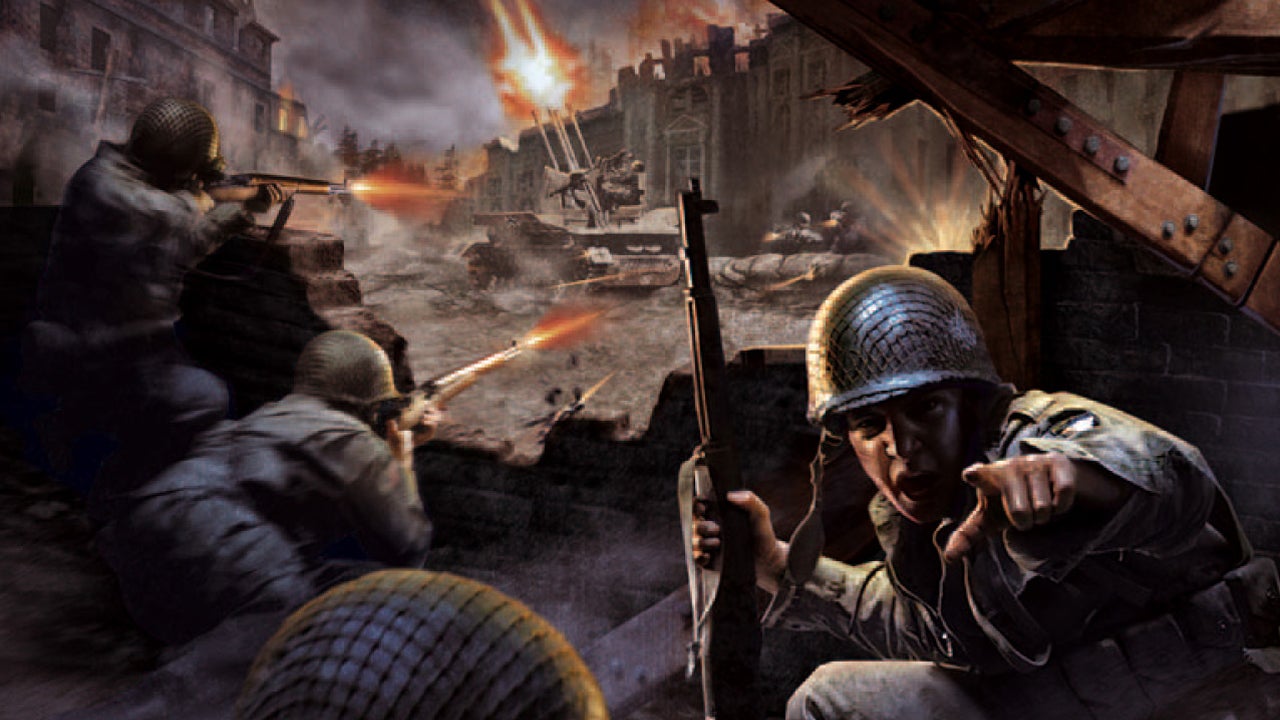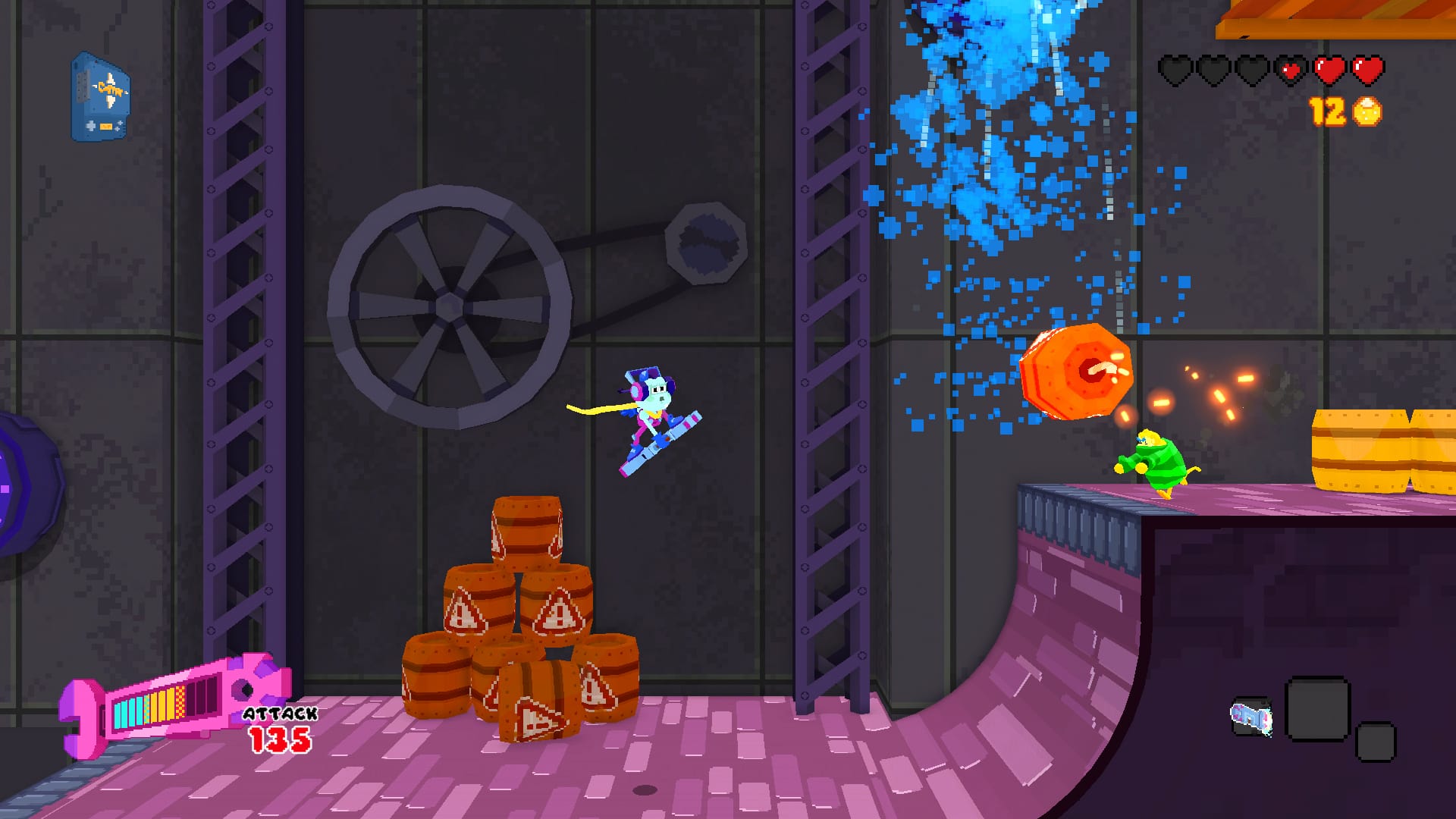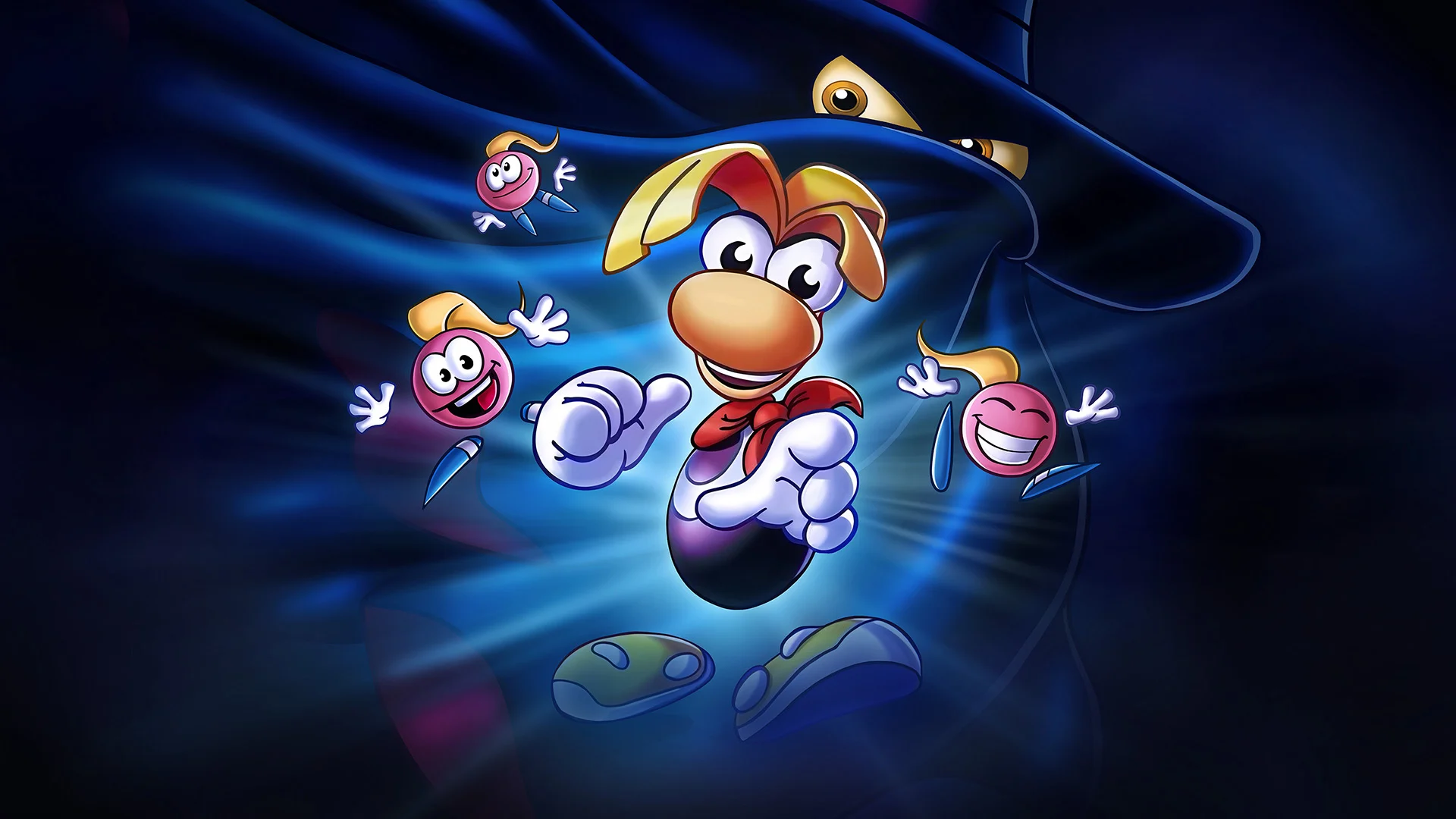It feels somewhat appropriate that this month marks not only the completion of Microsoft’s long-winded and enormous acquisition of Activision-Blizzard, but also the 20th anniversary of what has become Activision’s biggest franchise, and one of the most popular franchises of all-time, Call of Duty. The original game was released as a PC exclusive in North America on this day in 2003, followed by a Mac version in mid-2004. An official console release only came in 2009, as the downloadable Call of Duty Classic on PS3 and Xbox 360. Today, the only easily accessible way to play the original game is still on PC, although under Activision’s stewardship, the backlist Call of Duty games rarely get discounted and when they do, it’s only for a maximum of 50% off. With the original game still £14.99/$19.99 RRP on Steam, few are likely to bother going back to revisit it unless they have deep pockets.
It’s a shame though, because although Call of Duty 4: Modern Warfare propelled the franchise to superstardom in 2007, Call of Duty 1 is still a remarkably accomplished opening act which set the basic framework which the franchise has mostly rigidly followed to this day. One that would be continued in the expansion pack, United Offensive in September 2004, and then Call of Duty 2 in 2005. While games like Medal of Honor: Allied Assault had led the way in the first-person warfare shooter genre, Call of Duty seriously upped the ante with an even more epic and cinematic presentation, drawing inspiration from films such as Saving Private Ryan (1998) and Enemy at the Gates (2001).
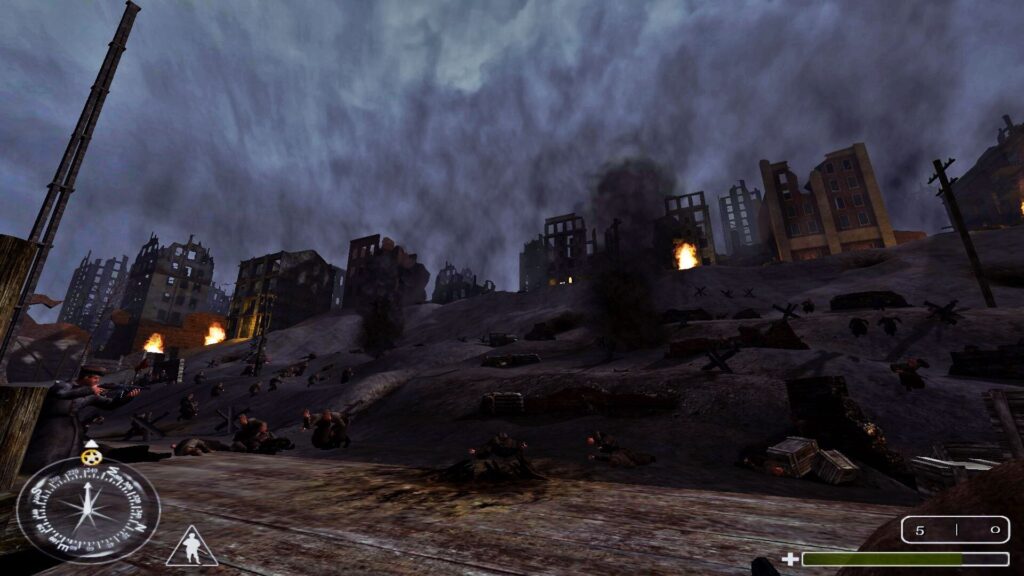
Perhaps Call of Duty 1’s biggest strength is making you feel like you are part of a massive battlefield. Across three campaigns following each of the principal Allied powers (Britain, America and the Soviet Union) you take part in some of the most famous battles of the Second World War, from the D-Day landings to the Battle of Stalingrad. The addition of hundreds of AI soldiers around you aids in the immersion, putting you into the shoes of an ordinary soldier thrust into the conflict. This is never more true than the opening mission of the Soviet campaign, where you cross the Volga River being divebombed by Stuka’s, only to be handed a clip of ammo and no weapon due to shortages (although this is historically inaccurate and didn’t actually happen at Stalingrad).
It may also surprise some people to realize that series perennial character Captain Price has actually been a staple from the very beginning, not just from Call of Duty 4. In the first game, he assists the player character not only in capturing Pegasus Bridge during D-Day, but also later in doing preparation work for the bouncing bomb attack on the Edersee Dam, and finally helping to disable the battleship, Tirpitz before its sinking by RAF aircraft. Indeed, Price is actually killed during the Turpitz mission, although he would appear again in Call of Duty 2, which chronologically takes place before the sinking of the Tirpitz.
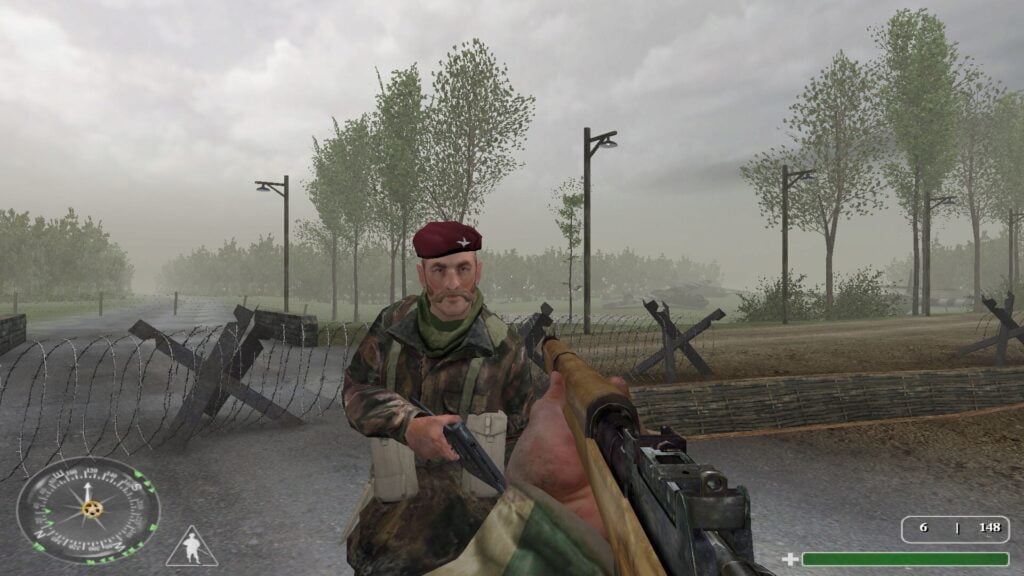
The game did have some issues, and some of these have persisted throughout most of the series. One of the main issues is that of infinitely respawning enemies. Unless you actively try to push and move forward in a level, enemy troops will continue to endlessly spawn, fighting you to a constant stalemate unless you’re willing to move up closer to where they’re spawning. It means that despite being surrounded by AI comrades, you always feel like the only soldier capable of making a proactive choice, as you’re almost always the one leading others. The various historical inaccuracies are fairly minor in the grand scheme, but the game does reinforce the Hollywood version of World War II, with various tropes it has inherited from decades of cinema.
Nevertheless, Call of Duty 1 is still overall a very enjoyable and engaging first-person shooter, which emerged from relatively humble beginnings to utterly steamroller all competition. It’s funny to think that while in development, the game had a working title of “MoH Killer”, so determined were Infinity Ward to outdo Medal of Honor. I hope now that Activision has been subsumed into the belly of Microsoft, a bit more care and attention will be given to some of the older Call of Duty titles, including giving them more competitive sale prices.

